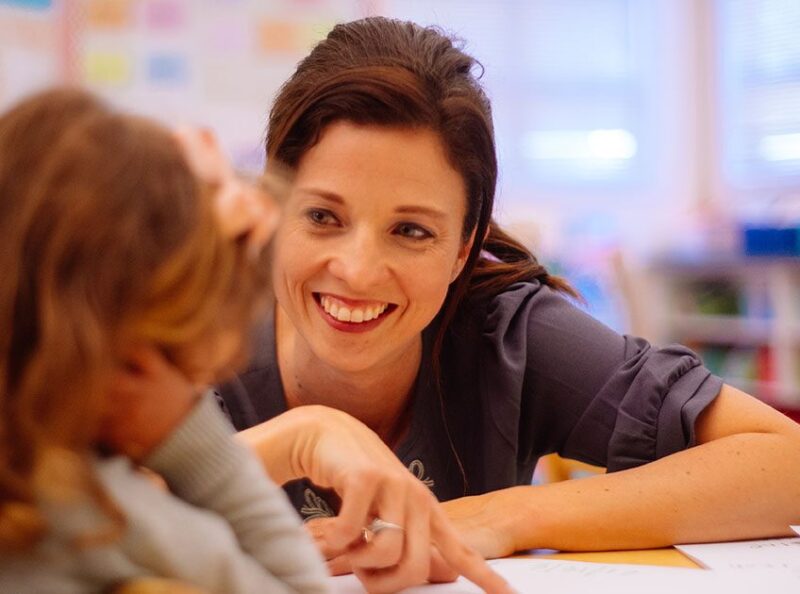
Recognizing Adolescent Depression
It’s not unusual for young people to experience “the blues” or feel “down in the dumps” occasionally. Adolescence is always an unsettling time, with the many physical, emotional, psychological and social changes that accompany this stage of life. Unrealistic academic, Read more >>








